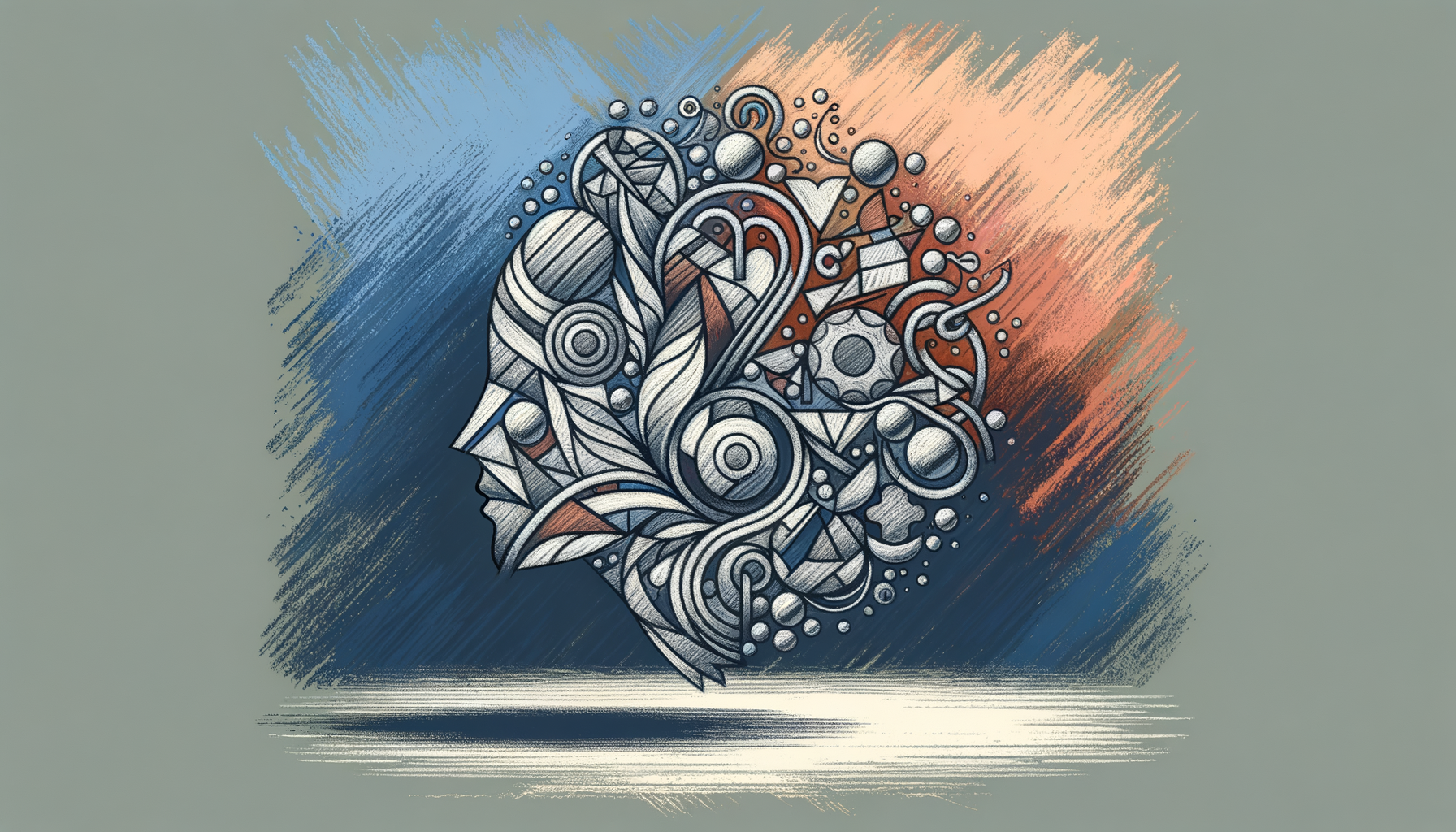I once heard someone compare dating to ordering at a Greek taverna. You scan the menu of possibilities, imagining the flavors that could light up your night. But when the grilled octopus finally hits your table, it might not be the love affair you envisioned. As someone who went from running a boutique hotel on a sun-drenched Greek island to dissecting matters of love and connection, I can confirm this: neither romance nor baklava ever turns out quite as neat as the description.
This path I’ve chosen—peeling back the layers of dating and relationships—might seem curious at first. After all, my early years looked more like a mash-up of “Mamma Mia!” and a philosophy textbook than a romantic comedy script. But if there’s one thing managing an island hotel taught me, it’s this: every story worth sharing begins with connection. And if you’ve ever had to mediate between honeymooners arguing over sunscreen, you already know human connection can be hilariously complicated.
So, why did I shift gears from orchestrating guests’ dream vacations to untangling the messy art of love? Pour yourself a glass of ouzo, and let me tell you.
Plato, Philosophy, and the Puzzle of Love
Growing up in the bustle of Athens, I was steeped not just in potent coffee and the occasional street protest, but in philosophy. My family, amateur philosophers themselves, loved debating matters both lofty and absurd. Whether it was whether democracy had gone too far or if tzatziki was ruining perfectly good souvlaki, conversation revolved around one eternal theme: what makes a good life?
Plato, naturally, had something to say about this. In his “Symposium,” he describes love as a quest for wholeness, uniting two halves into a greater whole. A poetic notion, yes, but also—let’s be honest here—a logistical nightmare. If you’ve ever tried to decipher a text thread to figure out if someone’s “fine” means they’re actually mad at you, you know what I mean. Love may be lofty, but it plays out in the swamp of the everyday.
This mix of big-picture philosophy and daily drama fascinated me. Love wasn’t just something to feel; it was something to grapple with, dissect, and (eventually) laugh over. That’s when I realized relationships are less Plato’s perfectly balanced ideals and more like a plate of moussaka. Beautiful on the surface, sure, but layered with spice, mess, and work. And that’s what makes them worth savoring.
Lessons From a Boutique Hotelier: Romance, Revisited
Fast forward to my years managing a boutique hotel on a cozy Greek island—a picturesque existence that sounds far more romantic than it felt at times. Don’t get me wrong; helping couples celebrate their milestones was an honor. But it was also an education in how differently people relate to love.
One week, I’d have a couple toasting an engagement with champagne at sunset. The next, I’d be awkwardly trying to explain to a duo why their “connecting room” request didn’t extend to the heart-shaped jacuzzi. Romance can be a high-wire act, and I’d wager that more relationships have been tested over vacation logistics than over serious philosophical dilemmas.
But perhaps my favorite guests were the solo travelers—the ones embracing their independence, listening to the waves with a grin only self-discovery brings. “I thought I was here to look at ruins,” one traveler confided over a late-night ouzo. “But I think I just wanted to rebuild myself.”
That moment stuck to my ribs. People crave connection, yes, but just as often, they’re searching for themselves. And my role wasn’t to provide the answers but to create the environment where they could navigate their questions.
Love in the Age of Overthinking
What fascinates me most about love today is how much we overthink it. We binge-watch shows where love is a competition, scroll through curated couples online, and turn first dates into an exhausting interview process. As a former MBA student who survived an entire semester of case studies about profit margins, even I think we’ve taken analysis too far.
In Greece, we have a word: “meraki.” Roughly translated, it means doing something with your soul, pouring yourself into it without holding anything back. Love—and dating—is at its best when approached with a touch of meraki. It’s hard to find magic when you’re tallying compatibility percentages in your notes app.
Love, much like running a boutique hotel during peak season, thrives on embracing the unpredictable. The power outage mid-dinner? It might force a couple to light candles and laugh for hours. The mysterious reservation mix-up? It could bring an unexpected romance. The more we loosen our grip, the more room there is for joy.
What Hospitality (and Heartbreak) Taught Me
People often assume I’m a hopeless romantic because of my Mediterranean background—our sunsets, our slow dinners, the music wafting through the air. But Greece’s greatest export, in my opinion, isn’t romance; it’s resilience. Love, after all, isn’t just about who you share the evening with. It’s about who you are when the dawn comes.
I’ve seen more teary-eyed couples than I can count—some breaking up, others breaking out in applause. I’ve also seen people bounce back from romantic wreckage stronger, smarter, more vibrant than before. Heartbreak can feel like an end, yes, but more often, it’s a prelude. Like the staggered notes of a bouzouki tune, love tends to build toward something greater the more you let yourself stumble along.
My own heartbreaks taught me that lesson. From a would-be epic romance in London that fizzled quicker than bad espresso to a sun-soaked summer fling that unraveled the moment real life called, every loss taught me more about what I truly value. And that’s the messy beauty of it: each misstep reshapes us into who we’re meant to be.
Finding the Soul of Love, One Story at a Time
Becoming a writer about love and relationships wasn’t exactly my end goal. I didn’t map it out the way you plan an efficient route through Athens traffic (spoiler: there’s no such thing). But in retelling travel stories that were really stories about connection, I saw a pattern. Whether under the Venetian arches of Crete or amid the gray skies of London, I found that people, deep down, wanted the same thing: to feel seen, whether by a partner, a stranger, or themselves.
So, why this path? Why did I choose to write about what makes couples click, or why some flings never quite translate across time zones? Because love—and sharing its chaos, its mess, its brilliance—makes us human. It’s the ultimate act of hospitality, welcoming another into your life while showing them the best parts of yourself.
I suppose you could say I swapped one kind of hosting for another. But this time, I’m offering people something a bit harder to furnish than breakfast in bed: the reminder that love is messy, and that’s exactly what makes it delicious.
Takeaway: Embrace the Mess, Enjoy the Feast
Which brings me to you. Maybe you’ve come here for advice, or maybe you’re scrolling in search of reassurance that you’re not the only one who’s sent a text so awkward you wanted to move to another continent (been there). Either way, here’s my pitch: Let’s stop treating love like a perfect Instagram shot and start treating it like a sprawling Mediterranean mezze platter. There’s olive pits in every dish, but oh, is it worth sampling.
Live life with meraki. Love with it, too. Forget the percentages, embrace the mess, and remember this: every single connection teaches you something. Even the burnt grilled octopus.




















